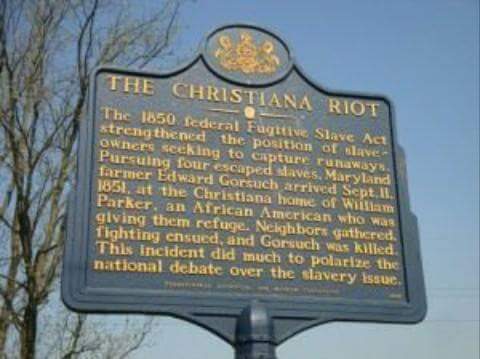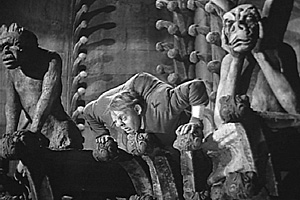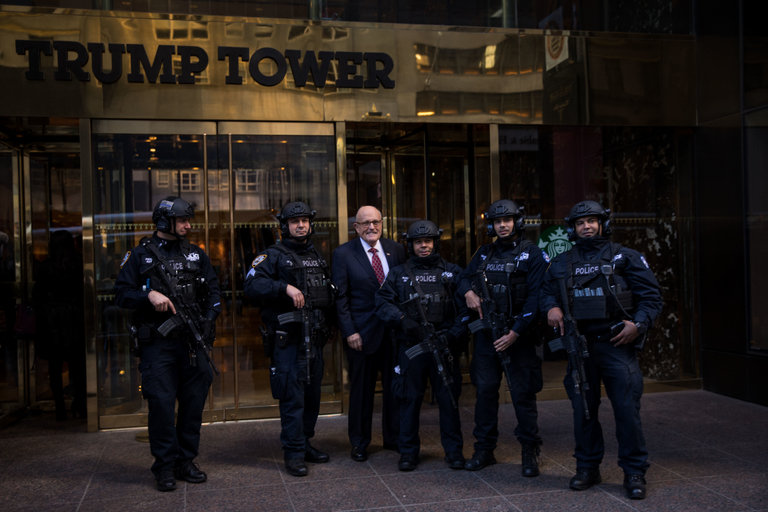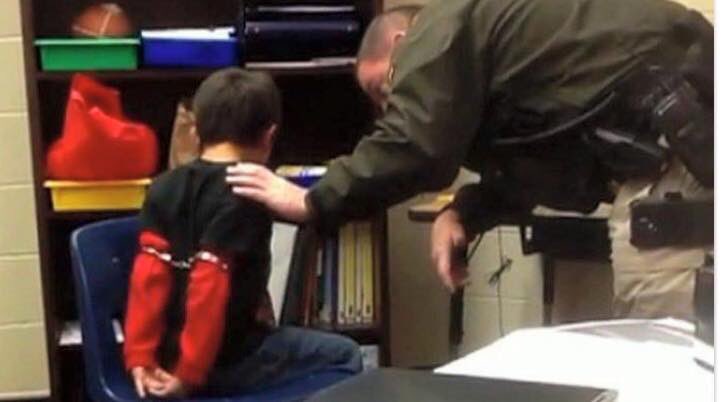Given the rarity of the surname, it is likely that Supreme Court nominee Neil Gorsuch is related to deputy federal marshal Edward Gorsuch, who was killed in a violent episode that left the nation shocked and terrified, and was an overture to a long and bloody military...

















